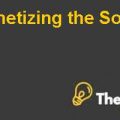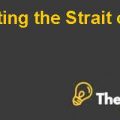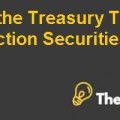
China Metal Recycling Holdings Ltd. (CMR), the largest scrap metal recycling company in China, was listed on the Hong Kong Stock Exchange, in June 2009. The company demonstrated a massive growth in its revenue, in the early year of its listing, which diverted the attention of many investment houses.
However, the company enjoyed this optimistic situation only till January 2013, after that Glaucus Research Group, based on California, issued a report which pointed out that CMR’s reported sales figures were unlikely to be true, as compared to other industry data.
The Securities and Futures Commission of Hong Kong (SFC), right after the report, conducted the investigation and ultimately found the fraud in reporting. The SFC obtained the authoritative approval appointing provisional liquidators to take over the company.
The Hong Kong Stock Exchange also took the right of trading share from CMR. Legally, all the key directors and officers, who found guilty, were arrested within next few weeks. Although, all of the requirements and financial reporting standards, needed for Hong Kong listing companies, were followed by CMR and the company also had a sound corporate governance structure. On the other hand, the company’s external auditor, a well-known accounting firm, had given its financial statement marks, true and fair.
All such positive sign could easily mislead an investor. How these camouflaged financial frauds, an investor could discover? In such a scenario, what factors can translate the company’s actual position? What are the publicly available ways to ensure the reliability of a company’s financial data?













